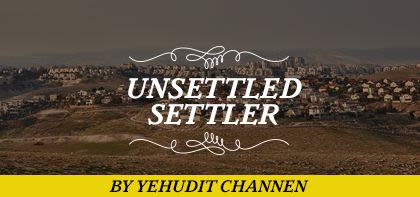
Unsettled Settler
Being a “settler” wasn't just a way of life, it had become a big part of my identity. Being one of only fifty families there, I had been a big fish in a small pond…

In 2001, our family moved from Gush Etzion to Ramat Beit Shemesh. Until then, we had been living on a small settlement in the Judean Hills. It was a wonderful place to raise our kids but after many happy years it became clear to us that it was time to move on.
My husband needed more teaching opportunities and I wanted to get out of the house and start working again. And truthfully I was tired of living in a dangerous place.
It wasn’t easy to leave; I had thought that I would live there the rest of my life. In addition to the pleasures of fresh air, quiet and a gorgeous view, there was security in knowing what my tests were.
Living in the outback, shopping was a big hassle, transportation was limited and in the winter we were often trapped on the mountain by snow. I learned to light and cook on a kerosene heater because the electricity lines would get knocked down by the powerful winds.
At least three women gave birth there on the settlement due to the insurmountable snow or because the hospital was too far away to risk it. The danger from living among the Arabs never let up. During the Gulf War, I learned to seal a room, put on different sized gas masks (depending on the age of the kids) and load and shoot an Uzi.
My husband was sent into the army reserves, where he was told to shave his beard so his mask would fit snugly. When he came home two weeks later, it was the first time I ever saw him without a beard.
My kids used to ride to school on bullet proof buses with army escorts in front and back. Water and snacks were kept on the bus in case the roads were blocked by suspicious objects which happened fairly 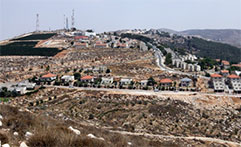 often. There were hardly cell phones then and it was nerve-racking when the school buses were late coming home.
often. There were hardly cell phones then and it was nerve-racking when the school buses were late coming home.
Sometimes the Arabs burned tires on the road, forcing cars to slow down so they would be easier targets for rocks and stones. We came to rely on the soldiers and our pistol-bearing friends for protection. The prayer for safe transportation was recited every single day.
The summer we moved from our yishuv was really hot. I wasn’t used to the Beit Shemesh heat, the noisy traffic, and the feeling of anonymity. I missed the drama of living in the “West Bank.”
It took time to feel comfortable. It took time to feel like I mattered.
Any change is hard, even good ones.
My husband soon became very busy and eventually I found a great job. But the loss of my “image” was very difficult for me. Being a “settler” wasn’t just a way of life, it had become a big part of my identity. Being one of only fifty families there, I had been a big fish in a small pond. Here I felt insignificant and vulnerable, not from the weather or the Arabs, but from my sudden lack of self-confidence.
Who are we when we are stripped of the things that “define” us? What does a person do when he loses what made him feel special and important? A striving athlete when he sustains an injury that derails his career; a wealthy man who loses his money and can no longer be the rich benefactor; a former model when time erases her youth and her beauty.
In the end we are nothing more and nothing less than divine souls, an extension of the unfathomable Creator. Everything and anything we are, the things we base our worth on, comes from Him. Sometimes we forget that our true value is being a child of G-d and we start to over-identify with an alternative definition of ourselves. Hashem gave us our lives and can move us around like chess pieces in order to bring us a greater awareness of ourselves and our purpose. But no matter who we are or what we do, our real identity is being connected to Hashem. Pay no attention to your reflection in the mirror. It is only the costume surrounding your soul.


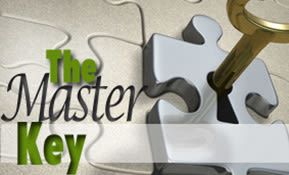
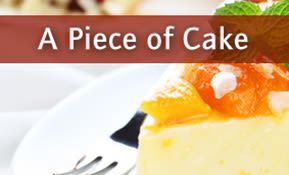
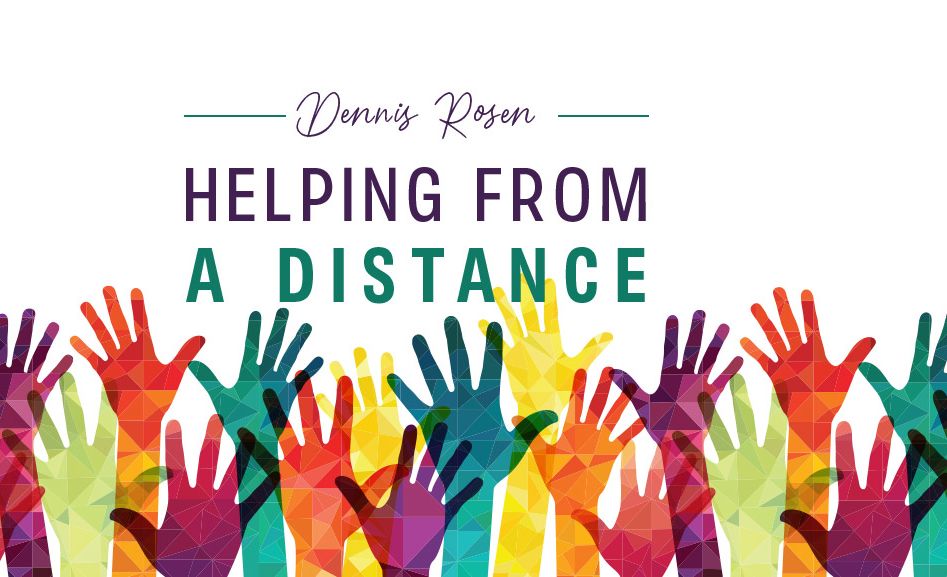

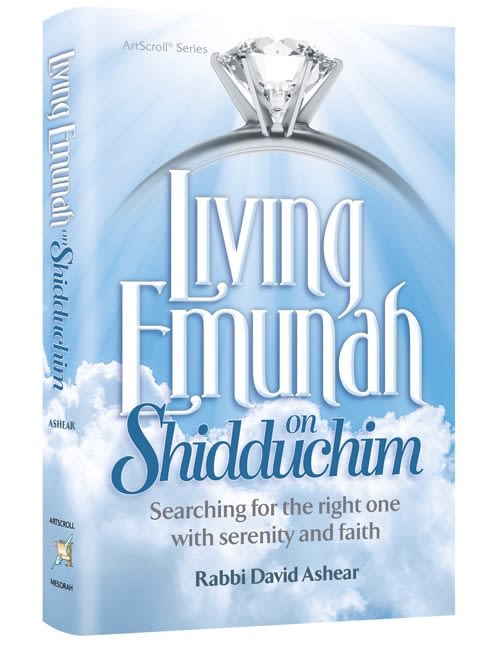
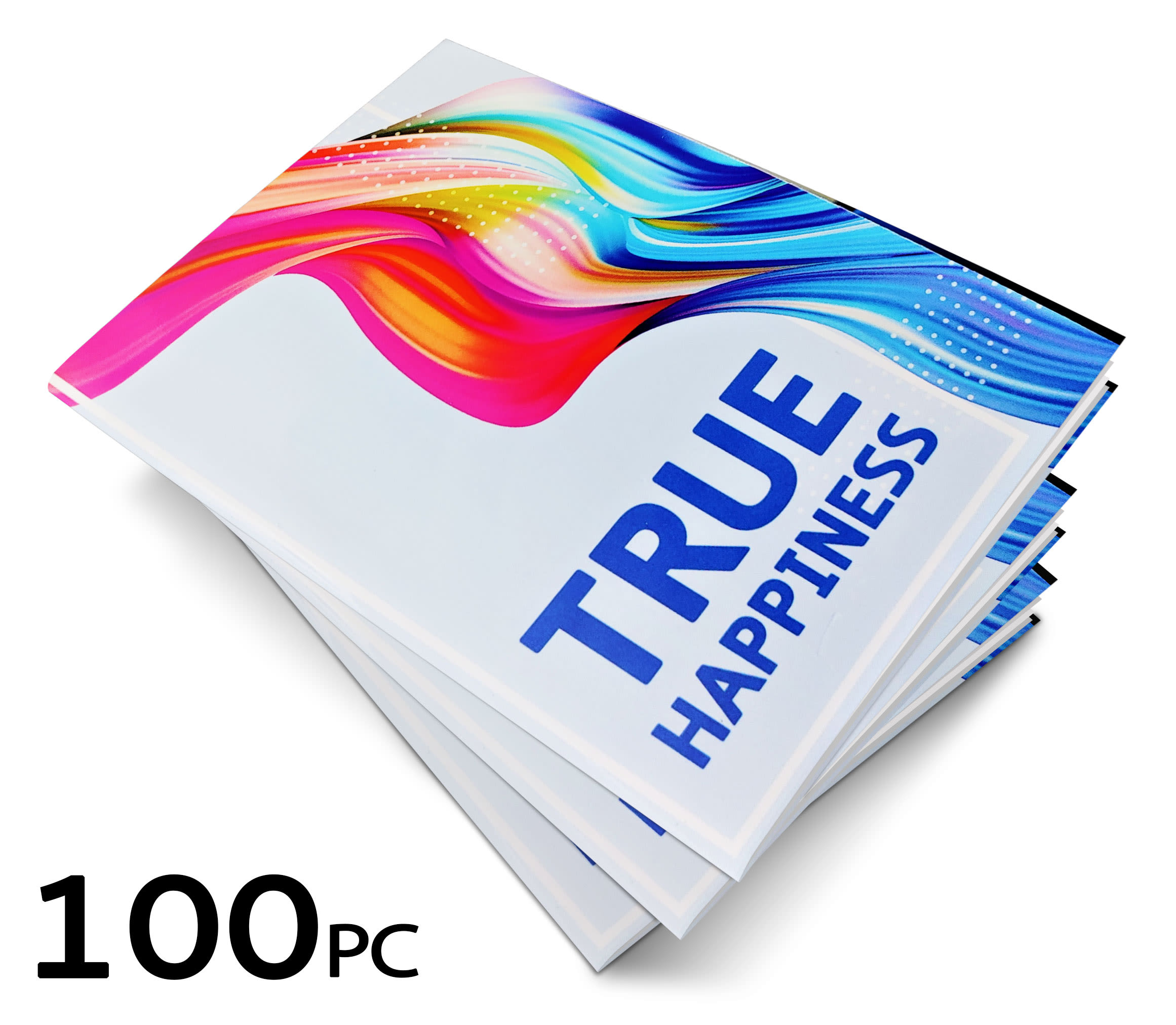
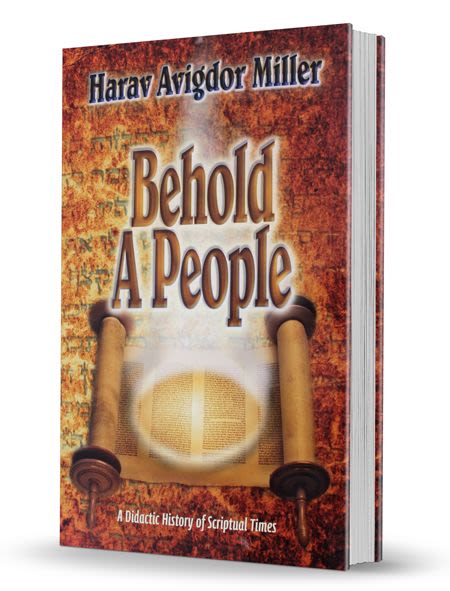
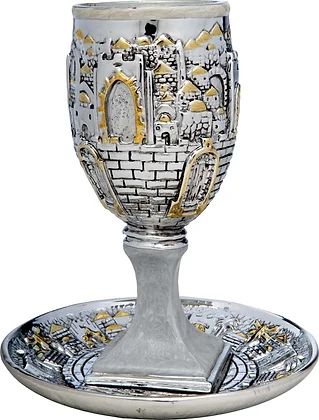
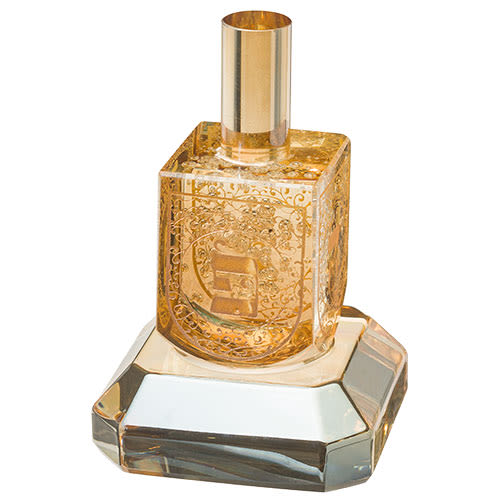
Tell us what you think!
Thank you for your comment!
It will be published after approval by the Editor.